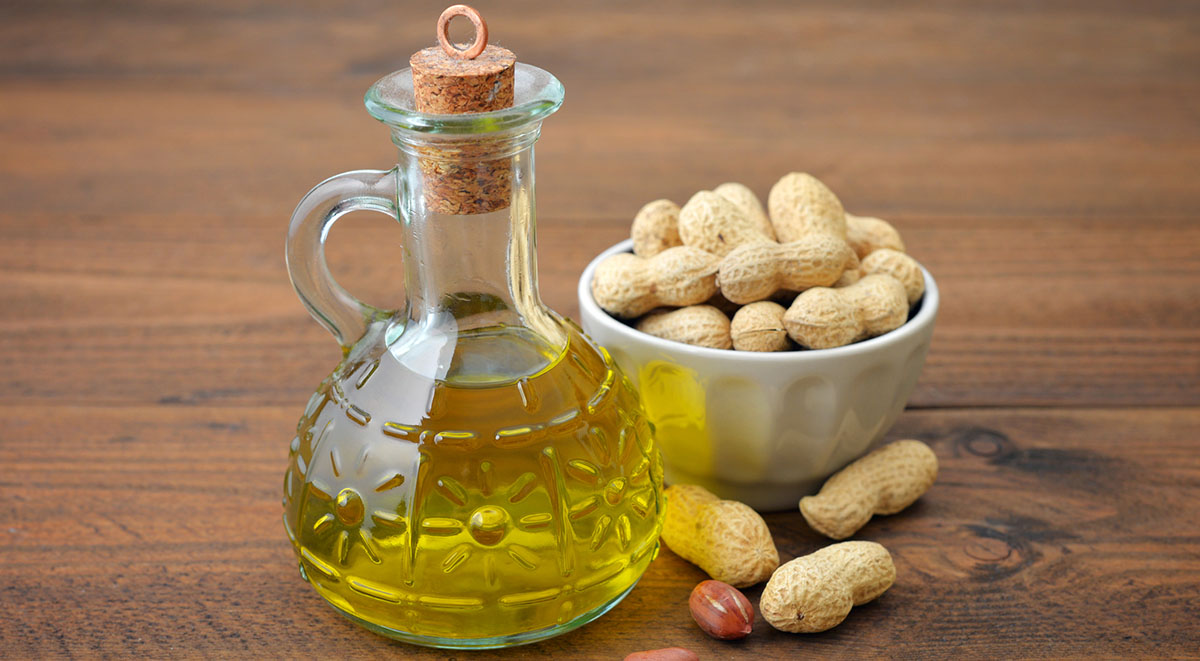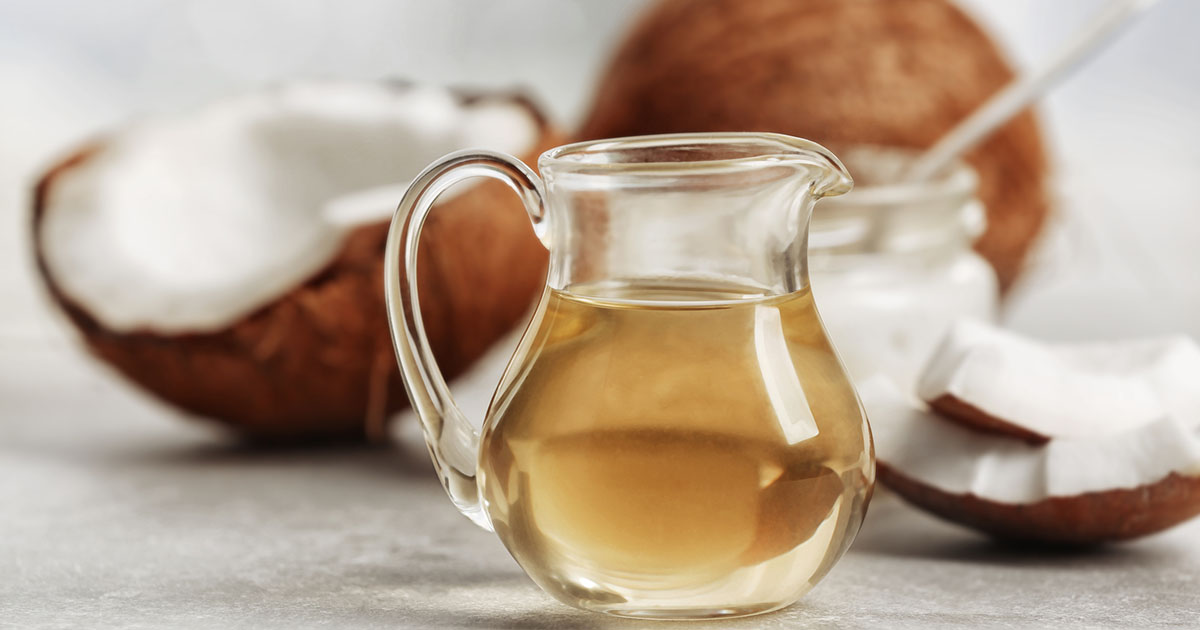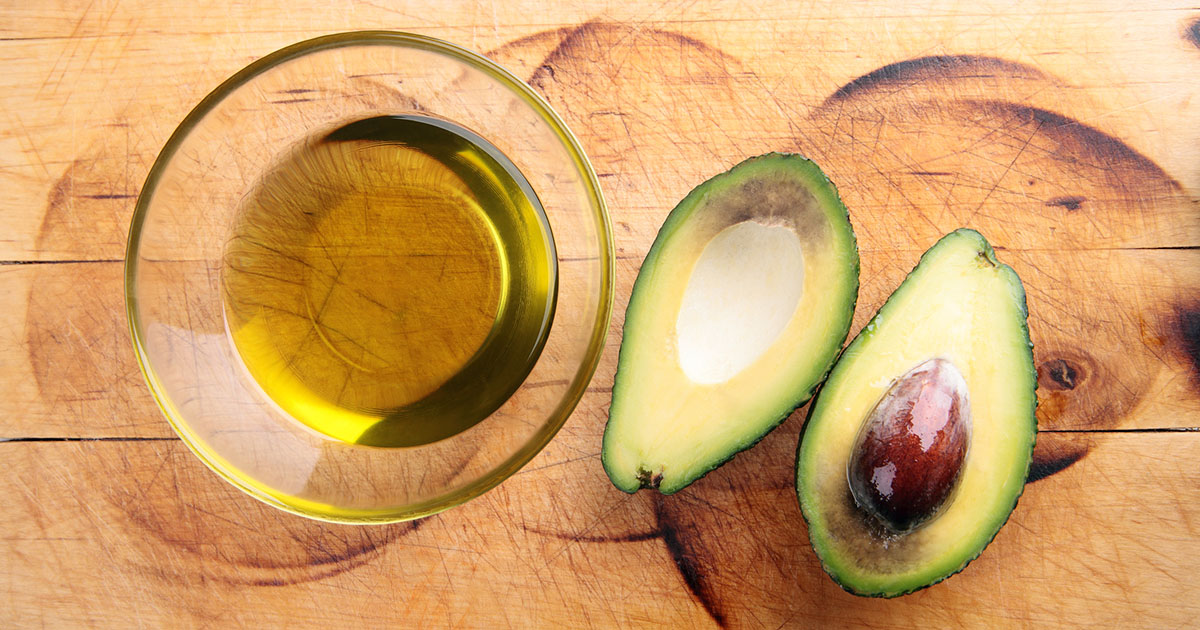The Pros And Cons Of Different Cooking Oils
Cooking oils made from vegetables, nuts, and seeds contain essential fatty acids vital for optimal nerve and brain function. Many vegetable oils within supermarkets have undergone processes such as bleaching, cooking, defoaming, distillation, extraction, refining, and the addition of preservatives that deter the quality of the oil and can cause the formation of free radicals.
To obtain all of the possible benefits from cooking oils, make sure to purchase organic, cold-pressed, minimally processed oils from the local farmer’s market or local health food store.
Sunflower Seed Oil

Oil pressed from sunflower seeds is one of the most common vegetable oils used for cooking. Although the oil boosts immunity and can protect against respiratory problems such as asthma, there are quite a few cons to cooking with sunflower seed oil.
Sunflower seed oil is rich in omega-6, sometimes as much as seventy percent of the daily requirements, which is a fatty acid great in small doses. However, high levels of omega-6 can cause inflammation, which can eventually lead to heart disease and cancers. Some alternatives to sunflower seed oil include fish oil, hemp seed oil, flax oil, and walnut oil.
Sesame Oil

A vegetable oil with many health benefits and that has been gaining popularity in recent years is sesame oil. Due to the high amount of vitamins and minerals, sesame oil improves the health of hair and skin. Individuals can even use it as a sunscreen! When using it in cooking, sesame oil helps reduce the risk of heart disease and cancer because it reduces inflammation and fights free radicals. It also improves bone growth, relieves anxiety, and boosts dental health.
While sesame oil can be a great benefit to health, the only cons associated with it is high in calories, and to use it sparingly rather than every day.
Olive Oil

Olive oil is one of the most widely used cooking oils and used in many salad dressings. Olive oil has many health benefits, including antioxidant properties, as well as its ability to lower blood pressure and reduce the risk of breast cancer. However, it can be difficult to determine which brands of olive oil to buy, which is one of the cons. Typically, what to look for when buying olive oil is extra virgin olive oil includes an United States Department of Agriculture (USDA) organic seal, a harvest or best-before date, an estate name on the label, and a dark-tinted glass bottle.
Another con of olive oil is some can be allergic to it, which can cause respiratory complications, dermatitis, and weight gain.
Peanut Oil

One of the most popular cooking oils in the United States, peanut oil has many health benefits making it an amazing oil for cooking. Peanut oil is high in monounsaturated fats, which are fats good for your health, and it is cholesterol free and free of trans fats. Other benefits of peanut oil are it is rich in both vitamin E and antioxidants that fight free radicals.
The only con to peanut oil is many people are allergic to peanuts, and therefore would be allergic to peanut oil.
Coconut Oil

In recent years, coconut oil has been getting a lot of publicity for its health benefits, which has also sparked quite some debate. The pros of coconut oil are it is rich in antioxidants, raises HDL cholesterol, and is rich in medium-chain fatty acids. However, the fatty acids are also seen to be a con because they are saturated fats, which are said to be bad for a healthy diet.
The cons to coconut oil are it is very dense and high in calories. Therefore, it can be hard to lose or manage weight when using coconut oil. It is also very flavorful and can alter and overpower the flavor of the dish being cooked.
Avocado Oil

There are many reasons to begin or continue cooking with avocado oil. To begin with, avocado oil can lower blood pressure, which can improve kidney and heart health, it also helps boost the absorption of nutrients. Some other pros to cooking with avocado oil are it is high in vitamin E, works as an anti-inflammatory, can help treat periodontal disease, and alongside vitamin B12, it can help ease symptoms of psoriasis.
The taste of avocado oil is similar to olive oil, and the only con of the oil is just one bottle can be quite costly.
Canola Oil

Canola oil is another very common cooking oil. According to the USDA, canola oil is a good source of monounsaturated fats as well as omega-3 fatty acid. This oil is low in saturated fat and has no cholesterol or trans fat, which helps lower the patient's risk of coronary heart disease and cardiovascular disease. Another pro is canola oil may help reduce the risk of cancers and cancer growth.
The first con of cooking with canola oil is that approximately ninety-three percent of canola oil in the United States is genetically engineered. Furthermore, canola oil is also high in calories and can contain trans fats, which can lead to coronary heart disease.
